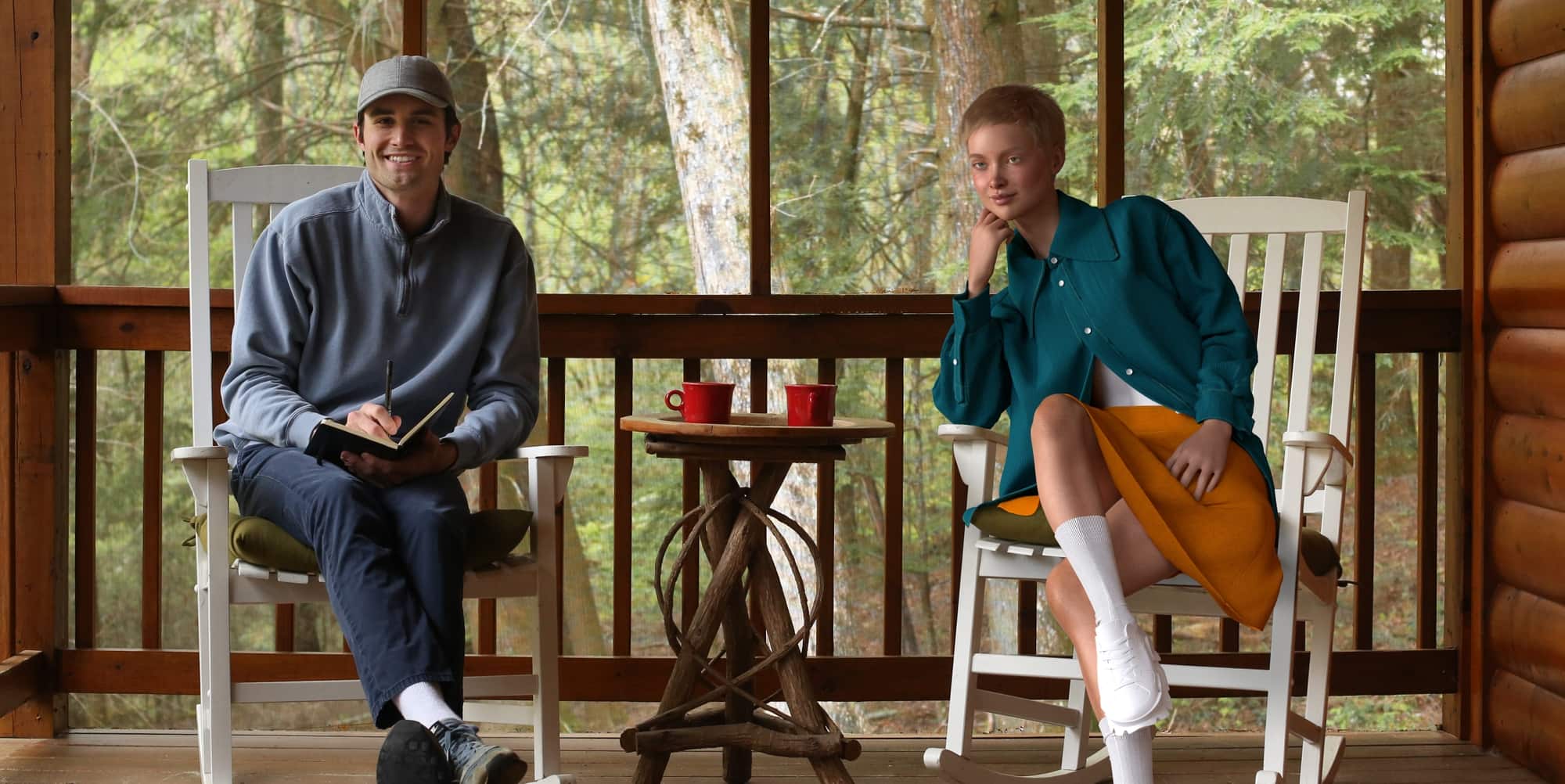
Few follow the world of virtual influencers as closely as Christopher Travers, Founder of VirtualHumans.org. He keeps close tabs on the emergence of virtual influencers; observing them, learning from them, commenting on them. He comes from a long history of building social media platforms, creating impactful growth campaigns, and finding innovative solutions for real-life problems. He has worked with companies such as Spotify, Leadtime, and Atlanta Ventures, and co-founded several start-ups. He comes to the market with a rare and profound understanding of what virtual humanity is all about.
Recently our business development director, Frederic MacDonald, caught up with Christopher, and asked him to share some of his wisdom.
He not only gave us some insight into where this market is headed, but also what brands need to think about in order to create a virtual influencer.
Here they are, in conversation:
Frederic - You’ve talked about the virtual influencer market as a “blue ocean” space. How quickly do you think this space will evolve? When will it be too late to get a foot in?
Christopher - Blue ocean strategy refers to the pursuit of a market with no competition, created by a player lowering costs and differentiating the offering to maximize value. Brands are the benefactors of companies leveraging blue ocean strategy to service them, so regardless of the state of the blue oceans available to companies building within the virtual influencer industry, brands will always enjoy the presence of virtual influencers. As the industry evolves, these virtual influencers will become increasingly normalized as a go-to medium for brands to build close relationships with young, entertainment-obsessed audiences. In the same way other content mediums experienced unknown beginnings and unique challenges of industry infancy, such as MMS, vertical video, podcasting, and more, the virtual influencer industry will eventually catch a mainstream stride and become a widely-adopted content medium for brands and individuals alike.
Frederic - What are the most important traits of a virtual influencer? For an authentic experience, do they need to resemble a real human?
Christopher -There's no single most important trait to a virtual influencer. To create a successful virtual influencer, the creator must champion demographic targeting, character definition, design, storytelling, content capture, pipeline management, people management, content amplification, community management, and more depending on the role they give the virtual influencer. In many ways, the launch of a virtual influencer greatly resembles the launch of a startup. One trait that makes or breaks most virtual influencers, though, is their ability to build and retain a meaningful audience.
Frederic - What should brands consider before launching a virtual influencer to represent them?
Christopher - Considerations all depend on a brand's specific needs, as the needs of a music label, for example, would vary heavily from the needs of a major consumer goods brand when it comes to virtual influencers. If I had to choose a specific point of advice for brands considering launching a virtual influencer to represent them, though, it would be to work with a company who knows how to build that virtual influencer's audience, as mentioned. What purpose does a branded virtual influencer with little-to-no followers serve? Media is given life when consumed.
Frederic - From your observation, what works? What doesn’t? Can you provide an example of each?
Christopher - Every virtual influencer's success can be accounted for through research. If I had to pick one, though, I would like to know why Thalasya has half a million followers—there's a minimal sense in the popularity of that virtual influencer; though I would ultimately chalk her growth up to PR. There's this outstanding story about a well-executed, highly-promising virtual influencer by the name of Kei Wells who failed due to the founding team unraveling, which you can read about in our coverage about what happened to virtual influencer Kei Wells.
I believe every team within the virtual influencer industry will experience greater net success through collaboration rather than competition, which is why I built VirtualHumans.org—to empower all the creators in this space and build valuable inroads for this growing industry. The virtual influencer industry is not a zero-sum game, and there's room for plenty more "competition" who will ultimately make the industry better for all of us.
Reach out to christopher@virtualhumans.org

